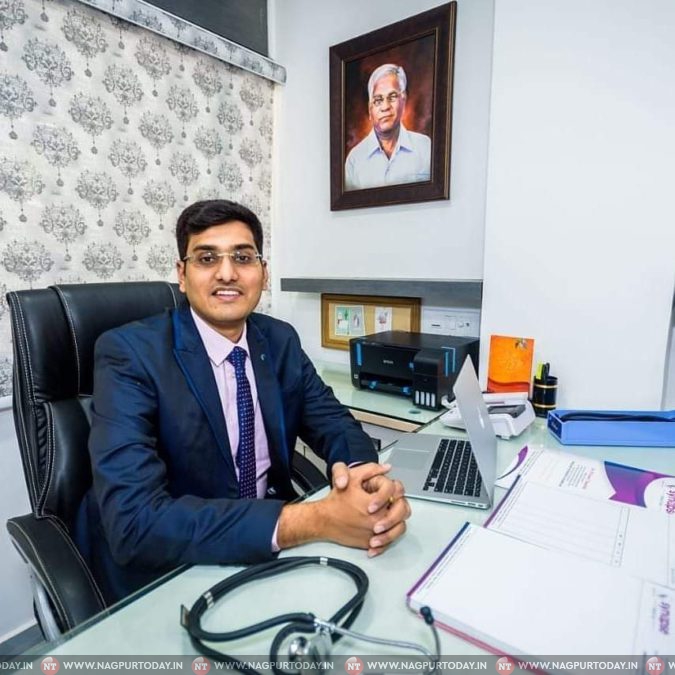“Exams can be a stressful experience for students of all ages. While some level of nervousness is normal and can even enhance performance, excessive anxiety can be overwhelming and hinder success” said noted Child Psychiatrist Dr. Pritam Chandak.
Further he suggested some practical strategies to manage exam anxiety effectively:
1. Understand the Root Cause
Identify the triggers of your anxiety. Is it the fear of failure, lack of preparation, or external pressures? Understanding the root cause helps you address the problem directly and develop a tailored plan to combat it.
2. Prepare Effectively
Break your syllabus into manageable sections and allocate specific times for study. Take mock tests, solve past papers, and review key concepts to build confidence in your knowledge. Start studying early to prevent the stress of trying to cover too much material in too little time.
3. Adopt Healthy Habits
Ensure you get 7-8 hours of quality sleep each night. Include brain-boosting foods such as fruits, vegetables, nuts, and whole grains in your diet. Avoid excessive caffeine and sugary snacks. Physical activity, even a 20-minute walk, can release endorphins and reduce stress levels.
4. Practice Relaxation Techniques
Deep Breathing: Inhale deeply for four seconds, hold your breath for four seconds, and exhale slowly for four seconds. Repeat this cycle to calm your mind.
5. Stay Positive
Focus on effort, not Outcome. Remind yourself that your effort is what matters most, not just the result.
6. Seek Support
Share your feelings with a trusted friend, family member, or teacher. Sometimes, just talking it out can help reduce anxiety.
7. Manage Time Wisely During the Exam
Spend a few minutes understanding the exam paper before diving in. Start with questions you’re most confident about to build momentum. Allocate time for each section and leave a few minutes at the end to review your answers.
8. Avoid Comparison
Resist the urge to compare your preparation or performance with others. Focus on your own progress and what you can control.
9. Post-Exam Self-Care
Once the exam is over, avoid overanalyzing your performance. Take a break, do something you enjoy, and recharge for the next challenge.
(Dr Pritam Chandak is the well-versed Child Adolescent Psychiatrist and Director at Synapse Mind & Child Development Centre)















